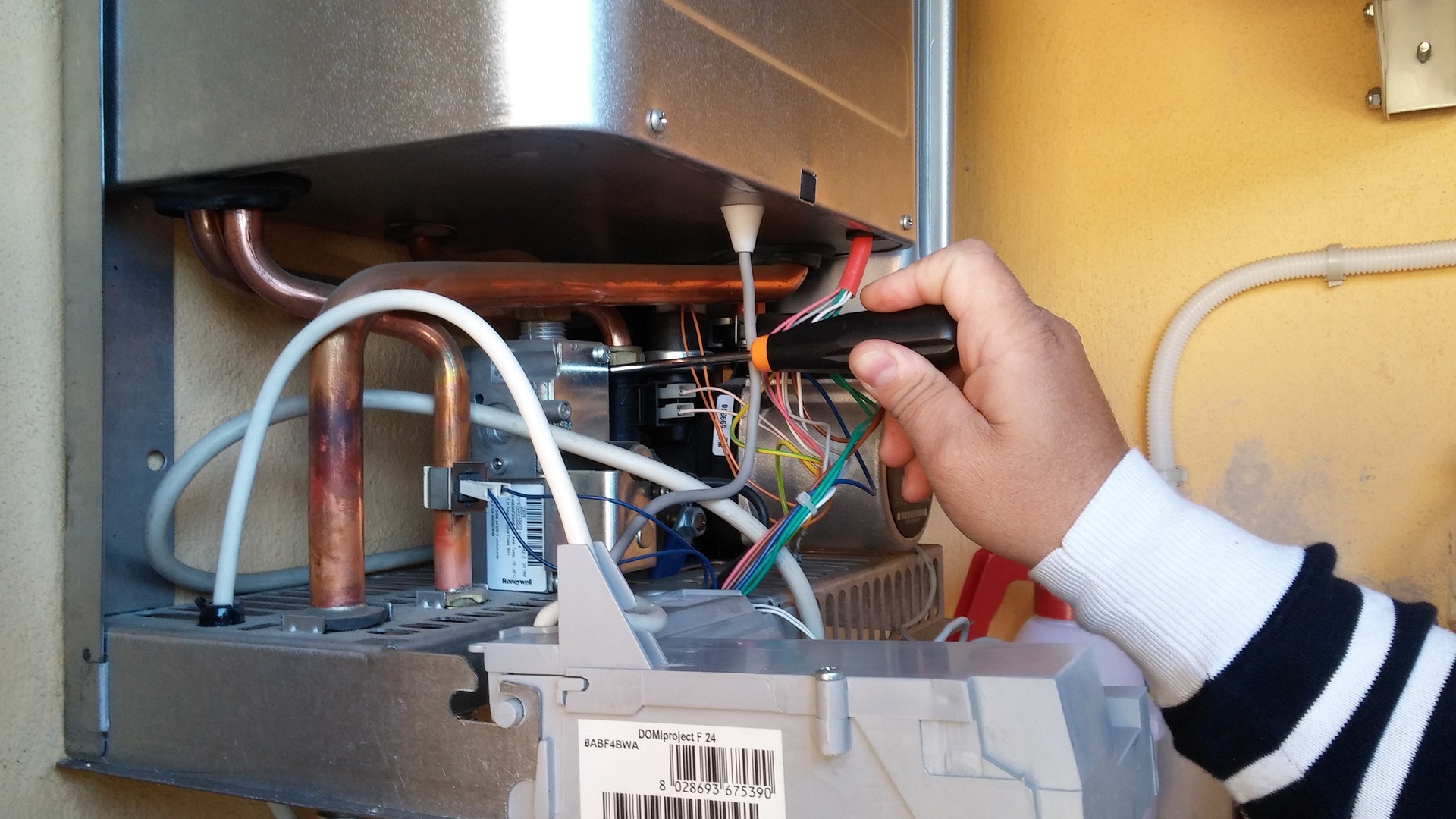Signs, Solutions, and Choosing a Heating System Service Provider
Boilers are essential for heating and hot water in homes and businesses across the United Arab Emirates, especially during cooler months. When a boiler malfunctions, it can disrupt daily routines and compromise comfort. Understanding the warning signs of a faulty boiler, knowing common issues and their solutions, and selecting a reliable repair service provider are crucial steps in maintaining a functional heating system.
A well-functioning boiler is vital for maintaining comfort in residential and commercial properties. However, like any mechanical system, boilers can develop faults over time due to wear and tear, lack of maintenance, or component failures. Recognizing early warning signs and addressing problems promptly can prevent costly breakdowns and extend the lifespan of your heating system. This guide explores how to identify boiler issues, understand common problems, and choose a trustworthy repair service provider.
Identifying Signs of a Faulty Boiler Needing Repair
Detecting boiler problems early can save you from emergency repairs and potential safety hazards. One of the most common indicators is unusual noises such as banging, whistling, or gurgling sounds. These noises often point to issues like air in the system, limescale buildup, or failing components. Another red flag is inconsistent heating or hot water supply. If radiators are not warming up properly or hot water runs cold intermittently, the boiler may be struggling to function efficiently.
Leaking water around the boiler is a serious concern that requires immediate attention. Leaks can result from broken seals, corroded pipes, or excessive pressure within the system. Additionally, a yellow or orange flame instead of a crisp blue flame indicates incomplete combustion, which can produce dangerous carbon monoxide gas. If you notice this, turn off the boiler immediately and contact a professional.
Other signs include a sudden increase in energy bills without a corresponding rise in usage, frequent need to reset the boiler, or unusual odors. A sulfur-like smell could indicate a gas leak, while a burning smell might suggest electrical issues or overheating components. Regular monitoring of these symptoms helps ensure timely intervention.
Common Boiler Problems and Effective Repair Solutions
Boilers can experience a range of issues, each requiring specific repair approaches. Low boiler pressure is a frequent problem, often caused by water leaks or bleeding radiators. The solution typically involves repressurizing the system by following the manufacturer’s instructions or calling a technician if the pressure drops repeatedly.
Frozen condensate pipes are common during colder weather, particularly in the UAE during winter nights. The condensate pipe carries wastewater away from the boiler, and when frozen, it can cause the boiler to shut down. Thawing the pipe carefully with warm water or insulating it can prevent recurrence.
Thermostat malfunctions can lead to incorrect temperature readings and inefficient heating. Recalibrating or replacing the thermostat usually resolves this issue. Pilot light problems, where the flame goes out frequently, may be due to a faulty thermocouple, drafts, or gas supply issues. A qualified technician can diagnose and fix the root cause.
Limescale buildup, especially in areas with hard water, can reduce boiler efficiency and cause overheating. Regular descaling and installing a water softener can mitigate this problem. Faulty pumps or diverter valves can also disrupt heating and hot water distribution, requiring professional replacement or repair.
Steps to Choose a Reliable Boiler Repair Service Provider
Selecting a competent boiler repair service provider is essential for safe and effective repairs. Start by verifying qualifications and certifications. In the UAE, technicians should hold relevant certifications and be trained to work with various boiler types and brands. Look for providers with proven experience in handling both residential and commercial systems.
Reputation matters significantly. Check online reviews, testimonials, and ratings from previous customers. Word-of-mouth recommendations from friends, family, or neighbors can also guide you toward trustworthy professionals. A reputable service provider will have a track record of timely, quality work and transparent pricing.
Ensure the company offers comprehensive services, including diagnostics, repairs, maintenance, and emergency callouts. Availability is crucial, especially during breakdowns in colder months. Providers offering 24/7 emergency services can address urgent issues promptly, minimizing discomfort and potential damage.
Request detailed written estimates before authorizing any work. A reliable provider will explain the problem clearly, outline necessary repairs, and provide a breakdown of costs. Avoid companies that pressure you into unnecessary upgrades or fail to answer your questions satisfactorily. Additionally, confirm that the provider offers warranties on parts and labor, which reflects confidence in their workmanship.
| Service Provider Type | Services Offered | Key Features |
|---|---|---|
| Independent Technicians | Boiler diagnostics, repairs, maintenance | Personalized service, flexible scheduling, competitive rates |
| HVAC Companies | Full heating system services, installations, repairs | Comprehensive expertise, multiple technicians, emergency support |
| Manufacturer-Authorized Centers | Brand-specific repairs, genuine parts, warranty work | Specialized knowledge, factory-trained staff, official support |
| Maintenance Contracts | Regular servicing, priority repairs, annual inspections | Preventive care, cost savings, peace of mind |
Why Regular Maintenance Matters
Preventing boiler problems is more cost-effective than dealing with emergency repairs. Annual servicing by a qualified technician ensures that all components are functioning correctly and identifies potential issues before they escalate. During a maintenance visit, the technician will inspect the heat exchanger, check for leaks, test safety devices, and clean essential parts.
Regular maintenance also improves energy efficiency, reducing fuel consumption and lowering utility bills. A well-maintained boiler operates more reliably, has a longer lifespan, and poses fewer safety risks. Many service providers offer maintenance plans that include annual inspections, priority service, and discounts on repairs.
Conclusion
Understanding the signs of a faulty boiler, recognizing common problems, and knowing how to choose a reliable repair service provider are essential skills for homeowners and facility managers. Prompt attention to warning signs, combined with regular maintenance, ensures that your boiler operates safely and efficiently. By selecting a qualified and reputable technician, you can address issues effectively and enjoy consistent heating and hot water throughout the year.





